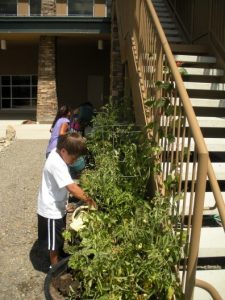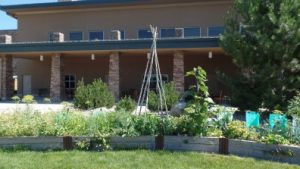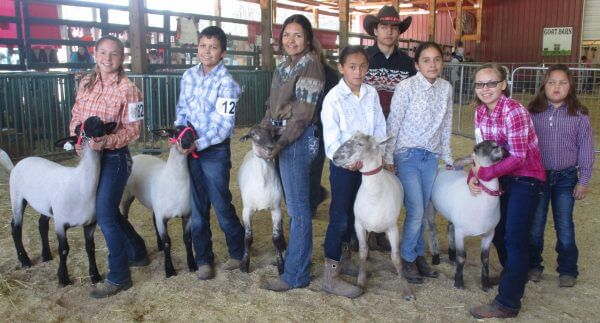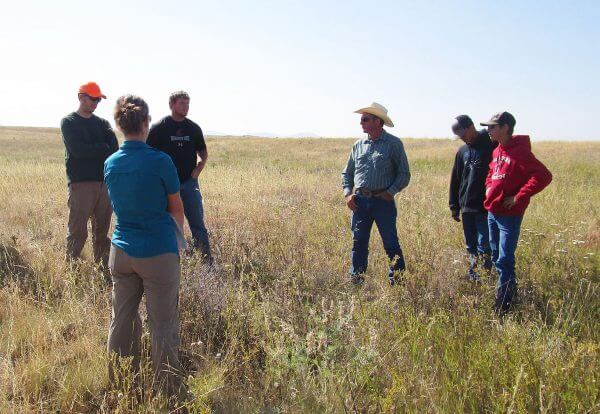The WSU Kalispel Tribal Extension Program office opened in 2011 and is located at the Kalispel Career Training Center north of Cusick, Washington, 55 miles north of Spokane on the Pend Oreille River.
Activities
Projects are guided by a tribal advisory committee. The focus is on gardening projects with youth and adults, native foods and nutrition (including cooking classes for kids and adults in partnership with WSU Food $ense), developing a 4-H program including STEM activities, horsemanship and archery, and working with the Kalispel Natural Resources Department on forestry, water quality, wildfire and other resource issues.
Highlights
MEASURING IMPACT
FRTEP programs have had a major impact on individuals, families and tribal communities. Just how much impact has now been quantified thanks to a research project that used Ripple Effects Mapping (REM) and content analysis. The Indian Land Tenure Foundation (ILTF) engaged in a joint collaboration with an evaluation team and the Western Extension Risk Management Education Center to measure the long-term impacts of the Federally Recognized Tribal Extension Program (FRTEP) serving the Kalispel Tribe. Click the link below to read the report.
Tribal community garden
 The Tribe maintains six garden plots. FRTEP teaches Tribal members how to plan, maintain and harvest the produce which is then used in Food Sense nutrition education classes or given to Kalispel community members. The project has had high rates of participation. Because the growing season is short in this area of Washington, people are eager to learn what they can grow and how they can use it in their kitchen to feed their families. The Kalispel Reservation is nearly 20 miles from the nearest supermarket that sells fresh fruit and vegetables, so this program really increases access to fresh produce.
The Tribe maintains six garden plots. FRTEP teaches Tribal members how to plan, maintain and harvest the produce which is then used in Food Sense nutrition education classes or given to Kalispel community members. The project has had high rates of participation. Because the growing season is short in this area of Washington, people are eager to learn what they can grow and how they can use it in their kitchen to feed their families. The Kalispel Reservation is nearly 20 miles from the nearest supermarket that sells fresh fruit and vegetables, so this program really increases access to fresh produce.
Project information
New content coming soon! The Federally Recognized Tribes Extension Program (FRTEP) is a successful tribal community outreach model focusing on agricultural productivity and youth development. This website provides information on FRTEP projects on reservations across Indian Country, highlighting success stories and sharing ideas. FRTEP offices are located on reservations and staff often partner with local communities, governments and institutions.

Camas Center Youth Program Garden
New content coming soon! The Federally Recognized Tribes Extension Program (FRTEP) is a successful tribal community outreach model focusing on agricultural productivity and youth development. This website provides information on FRTEP projects on reservations across Indian Country, highlighting success stories and sharing ideas. FRTEP offices are located on reservations and staff often partner with local communities, governments and institutions.
Contact Information
Tracy Morgan – Program Coordinator
Phone Number
509-455-1147
tracy.morgan@wsu.edu

 Family and Consumer Science
Family and Consumer Science